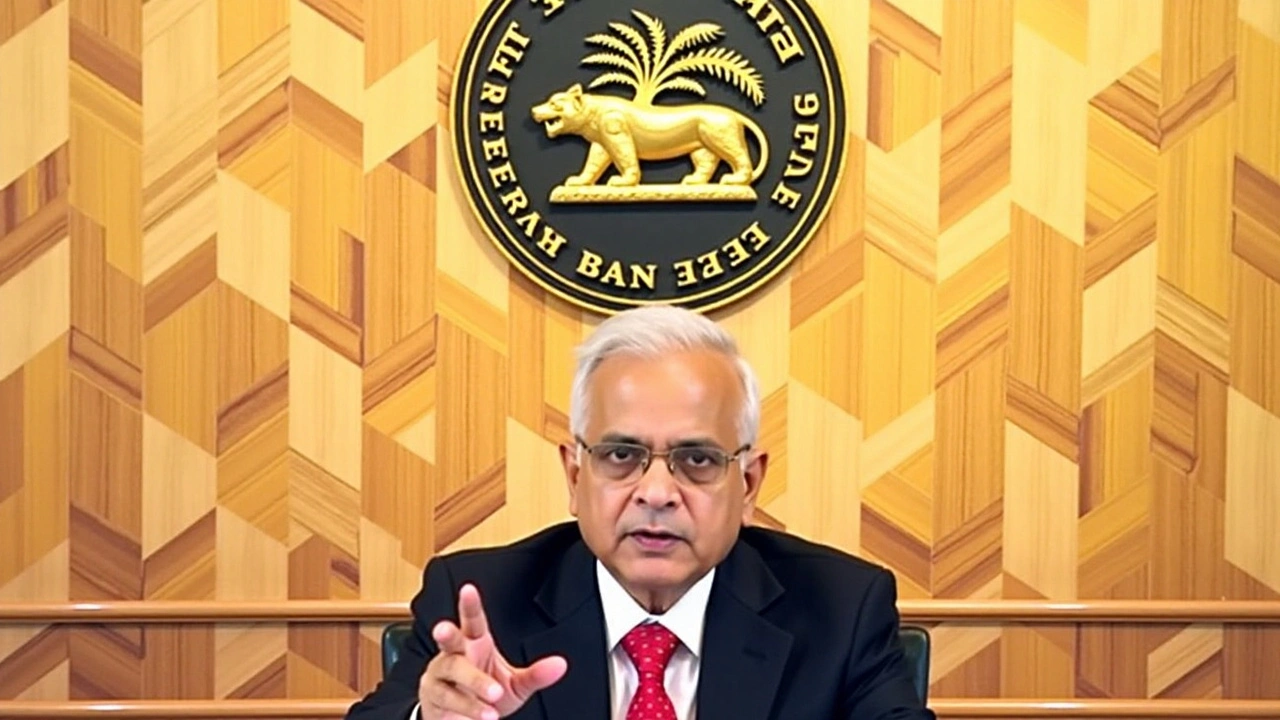Global trade: what Africa needs to watch today
Global trade isn’t just about shipments and tariffs. It touches jobs, food prices, fuel costs and the viability of African businesses. On Desert Rose Daily’s "global trade" tag you’ll find the stories that matter right now — from geopolitical deals to weather shocks that shut ports and roads. Below I’ll show what to watch, how to read the headlines, and practical steps businesses and farmers can take.
Quick signals that affect trade now
Some news items look small but move markets. Track these regularly:
- Port and coastal alerts: Storms and big waves can close harbours for days. Our coverage like "Western Cape Braces for Damaging Waves" shows how coastal weather can delay exports and raise freight costs.
- Regional conflicts and deals: Ceasefires or flare-ups change routes, insurance costs and investor confidence. Read pieces such as "Netanyahu's Diplomatic Gamble" to see how politics can reshape trade flows.
- Policy shifts: Currency moves, new tariffs, or digital payment rules matter. For example, "China’s Crypto Standoff" explains how changes in payment systems or digital currencies can affect cross-border business.
- Local shocks: Disasters like the Alau Dam collapse or floods in Maiduguri disrupt supply chains, labor and market access — and can push up local prices fast.
Practical steps for businesses, traders and farmers
Don’t wait for the next headline to hit your bottom line. Try these moves:
- Monitor a few key indicators: shipping rates, container availability, commodity prices, exchange rates and tariff announcements. Small changes here often signal bigger shifts.
- Diversify routes and partners: if a port or market closes, alternate buyers or transport routes keep goods moving. Short lists of backup freight forwarders pay off.
- Manage cash flow: expect delays. Build buffer stock for critical inputs and negotiate flexible payment terms with buyers.
- Insurance and contracts: review force majeure clauses and cargo insurance to cover weather or conflict-related losses.
- Use local intelligence: follow regional news on tags like this one. Local reporting flags problems faster than global outlets.
- Explore trade deals: know how AfCFTA or bilateral agreements affect duties and paperwork — they can open cheaper markets quickly.
Want fast updates? Bookmark this tag, follow our short alerts, and sign up for newsletters that highlight trade risks and opportunities in Africa. If you’re looking for context on a specific story, check our recent pieces on coastal weather, regional diplomacy and payment system changes — they’re the kinds of events that turn a local problem into a trade disruption across borders.
Read on, stay flexible, and treat trade news as actionable signals. We’ll keep pulling the facts that matter so you can plan, adapt and grow.

